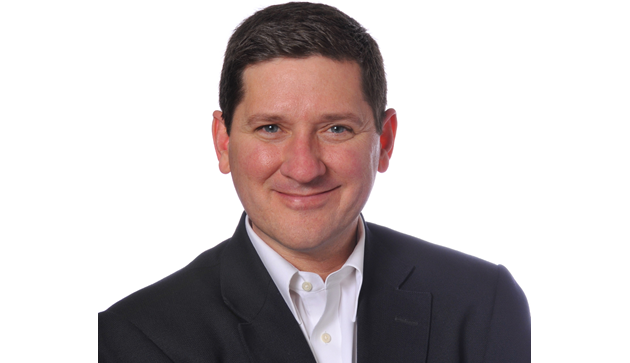There is an upcoming Medicare rule that will go into effect in two phases beginning in 2017 that has a lot of surgeons and hospitalists concerned about the direction of peri-operative care and surgical co-management.
Medicare’s proposal apes the words of Gwyneth Paltrow when describing her divorce from now ex-husband Chris Martin of Coldplay, “Consciously Uncoupling.” An awesome euphemism to describe the schism and separation of that annoying celebrity couple. It is also a great term to describe what CMS is moving forward with in relation to the Global Surgical Fee, or “the Global Package.”
We hospitalists may know of this system of bundling, but don’t really live in that world today. We have heard plenty about how payment systems of the future will be moving toward bundling, but to see one un-bundling seems at odds with the general trend.
In today’s world, the Global Surgical Fee is a method of payment whereby one single fee is paid out for a bundle of services surrounding a surgical event. It is usually inclusive of the procedure plus the preoperative and postoperative services on the day of the procedure. There is a “10 day global code” that also includes physician visits related to the procedure during the first 10 post-op days. There is also a “90 day global code” which also includes pre-op services one day before the procedure and post-operative services for 90 days after the procedure. Hospitalists co-managing typically bill a separate E&M code outside of the global package.
CMS’s new rule is essentially saying that they are paying for more visits from surgeons than are actually being delivered and they are also paying others separately (Hospitalists?) outside of the bundle when the care should be transferred and those separate physician fees should be included in the bundle CMS is already paying.
The final rule released last month eliminates the 10-day global fee Jan 1, 2017 and the 90 day fee Jan 1, 2018.
Well, I can see why surgeons might not like this. It is indeed much more streamlined to submit a single bill as they have been doing. Now they will have to document and bill for each individual visit in the post-op period. The burden of documentation will rise as these visits and notes will need to meet higher inclusive documentation standards and checkoffs to submit individual E&M bills.
But what about Hospitalists? Do we like this rule?
The Medicare Payment Advisory Committee (MedPAC) is a non-partisan government commission charged with advising congress on all things Medicare. They said in a letter to CMS responding to this proposal in August:
Medicare would no longer make duplicative payments when a beneficiary receives post-operative care from a different physician than the one who provided the procedure without a transfer agreement between the two physicians.
Transfer agreement?
The American College of Surgeons in its Statement on Principles speaks clearly about the relationship to the patient in postoperative care:
The responsibility for the patient’s postoperative care rests primarily with the operating surgeon.
They say that it may be necessary to transfer care if the patient needs other specialists, but,
Except in unusual circumstances, it is unethical for a surgeon to relinquish the responsibility for the postoperative surgical care to any other physician who is not qualified to provide similar surgical care.
I think we want to avoid a system that is geared toward transferring care away from the surgeons who are typically responsible for the patient being in the hospital.
While it is true that some surgeons may indeed end up being paid now for visits they aren’t doing, I would argue that the whole point of bundling and global packages is to create a comprehensive efficient care process. We already know that when we incent physicians to do more, they will do more. My worry is that we may see some surgeons doing more themselves, or alternatively and just as counterproductive, we may see more surgeons looking to hand off care through official “transfer agreements.” This rule change does not encourage teamwork and the necessary co-management of patients who have both surgical AND medical issues that need to be managed together.
So, while Gwyneth and Chris couldn’t work it out, perhaps CMS can rethink its strategy, which seems overly reactive to the current inefficiencies and “Consciously Couple” again, getting us back on the path to better teamwork and co-management of patients.




Leave A Comment